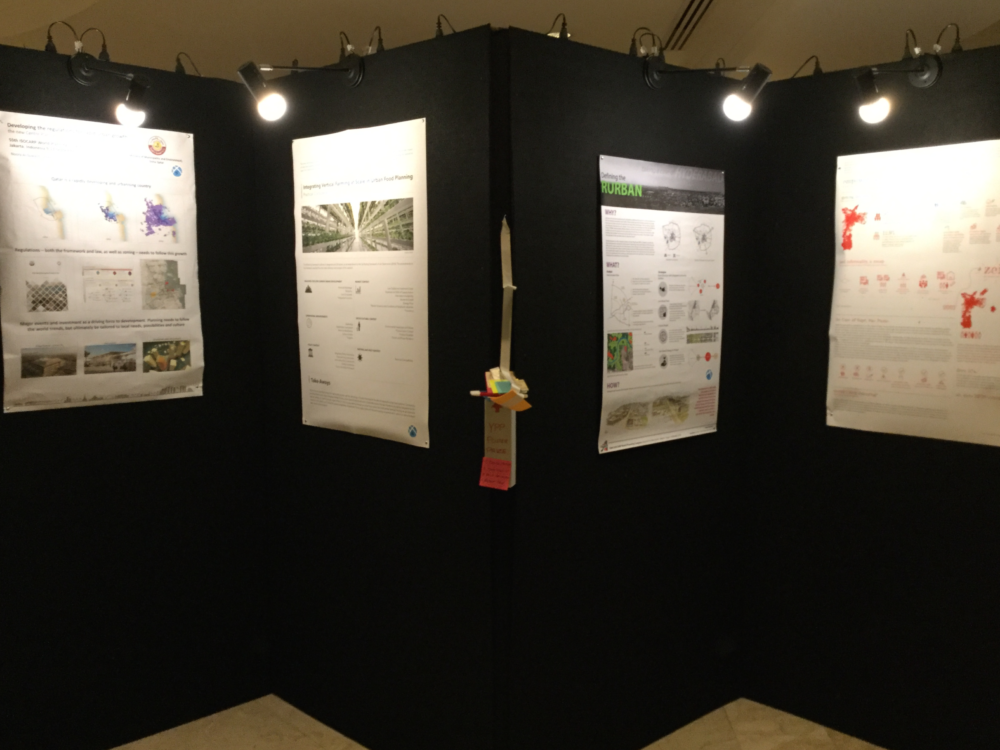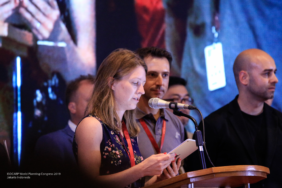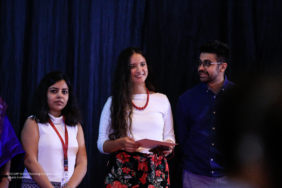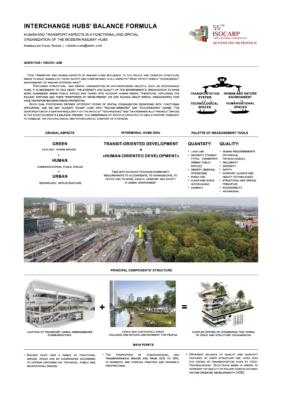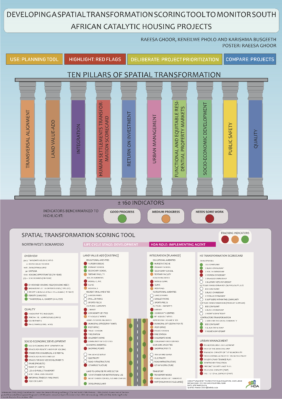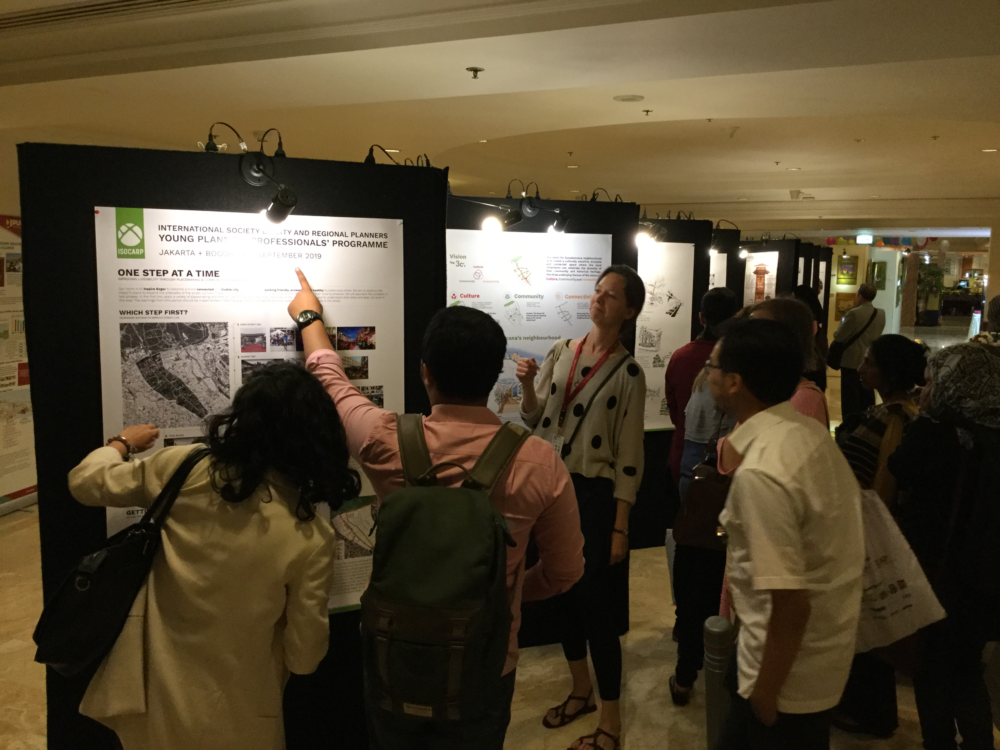More than 20 posters were submitted for the 2019 ISOCARP Young Planning Professionals’ Poster Prize and were exhibited at the 55th ISOCARP World Planning Congress in Jakarta and Bogor, Indonesia. The posters are highly individual in their style and approach. The jury members had a difficult job to distinguish a winner.
Jury Members were Adriano Bisello, Mayriana Kesuma, Hanna Obracht-Prondzynska, Benjamin Scheerbarth, Zivile Simkute (Jury chair).
Read here the JURY REPORT:
The jury would like to congratulate and thank every one of the YPPs for sharing their interesting ideas, analysis and research outcomes. The jury found the posters to be a beneficiary contribution to the 55th ISOCARP World Planning Congress. It is stimulating to see what the next generation planners are currently working toward, to get introduced to new ideas and inspiring observations.
The jury was evaluating the posters based on three criteria: originality of content, graphic quality and technical outreach. We were particularly looking for posters with a clear message, that focus attention and make one stop and think. Moreover, we very much appreciate to see not only analysis but also some suggestions on how to tackle some issues, that fellow planners may learn and benefit from.
The jury selected two posters for the award, one winner and one runner-up. They use two radically opposite visual approaches, each one with its pros and cons. The runner-up had a very strong and clear message while the winner gave an original perspective on how we perceive movement in a dense urban environment.
Therefore, as the runner-up we commend the poster “Which city is made visible to the future urban planner in Egyptian universities?” by Mennatullah Hendawy. It asks the provocative question “If undergraduate planners get exposed only to one [exclusive] academic city, how can they plan for the future [diverse] cities?”. It challenges the academic and practitioner to think about the possible dichotomy between theory and reality, and how hard is bridging them without multiple perspectives. Congratulations and thank you for asking these questions.
The winner is Siddarth Khakhar with the poster entitled “Mapping walkways: Making visible the invisible universal mode of transport” who explains that the walking paths in high density environments (for example in Hong Kong) are much more articulated as the one we can observe on google maps. It additionally points out how walking, “the universal mode of transport”, may benefit from a third dimension given by a multilayered inner public space across multi-story buildings. The author invites the audience to expand the conventional understanding of movement and brings our attention to the following question: “Iis there something we as planners do not see in our own context, which might be completely different in terms of opportunities and complexity?’”. Moreover, it is an example of good data representation and its usefulness.
Additionally, as there were more valuable outcomes of the exhibition, the jury would also like to mention two other authors that deserve to be recognized. One of which is the poster by Yulia Khairullina, “Interchange Hubs’ Balance Formula” about bringing liveability to TOD transport nodes. The poster has a clear message and convincing graphics while the topic is relevant to many places in the world. The second one is by Raeesa Ghoor, “Developing A Spatial Transformation Scoring Tool to Monitor South African Housing Projects” for the poster about developing spatial transformation scoring tool to monitor South African catalyst housing projects. The author explains a clear, systematic approach for evaluating and monitoring spatial transformations. It may be considered as a valuable tool that could be interesting and useful for many practitioners.
Jakarta, 12 September 2019
From the Award Ceremony
The winning posters – click to enlarge
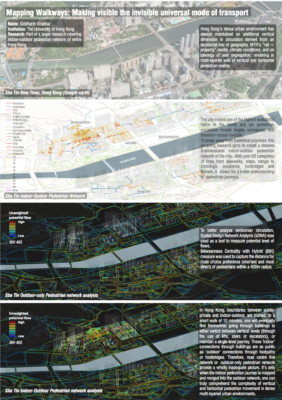
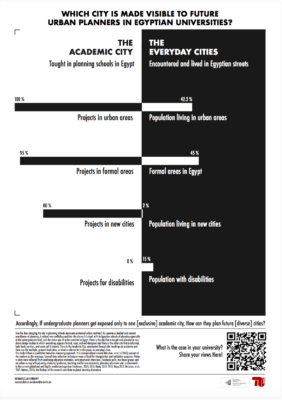
People’s Choice
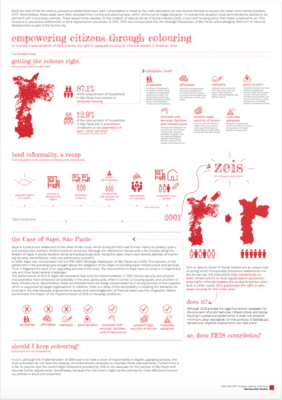 Besides the jury members, congress participants were also invited to vote for the poster they liked best. This vote was entirely separate from the judging of the Poster Prize, which was completed prior to the counting of the People’s Choice votes. The winner of the People’s Choice prize was Mariana Reis Santos from Brazil.
Besides the jury members, congress participants were also invited to vote for the poster they liked best. This vote was entirely separate from the judging of the Poster Prize, which was completed prior to the counting of the People’s Choice votes. The winner of the People’s Choice prize was Mariana Reis Santos from Brazil.
Special Mention
